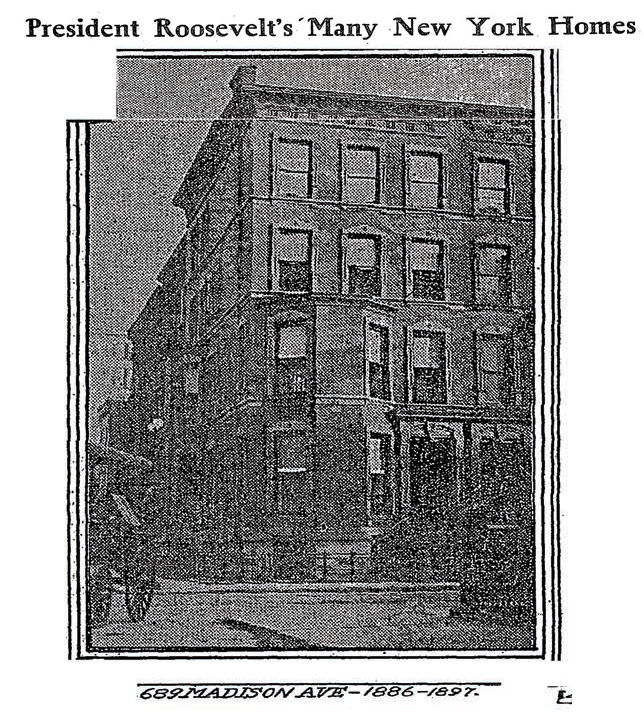With World War I looming, a young British author set out to jolt the public into supporting war preparations. H.H. Munro, better known simply as "Saki" wrote When William Came in 1914, a satire depicting the difficulty of leading a traditional British life under a hypothetical German occupation. What's very curious is that Saki deals with a theme that would become a part of one of the greatest speeches of all time, Winston Churchill's oft quoted "Never Surrender Speech" before the Commons in June of 1940, "We shall fight on the beaches..." You know the one.
The common theme? That in the case of German occupation, the colonies and British Navy would rise up against Germany to liberate England. However, Saki and Churchill took divergent views on the subject, Churchill's was hopeful, while Saki's was dim.
In When William Came, two characters argue over whether the colonies and navy would come to their rescue and liberate England. The fisherman character is an idealist and is very confident in an impending liberation, however unrealistic that possibility. The main character, Yeovil, who is more reflective of the author, is skeptical, believing that the fisherman is naive. The conversation takes place on a train and goes as follows:
"...There's the British Empire beyond the seas; Canada, Australia, New Zealand, East Africa." He [the fisherman] rolled the names round his tongue with obvious relish.
"If it was a list of first-class battleships, and armoured cruisers and destroyers and airships that you were reeling off, there would be some comfort and hope in the situation," said Yeovil; "the loyalty of the colonies is a splendid thing, but it is only pathetically splendid because it can do so little to recover for us what we've lost. [...]"
"Ah, but they'll build," said the fisherman confidently; "they'll build. They're only waiting to enlarge their dockyard accommodation and get the right class of artificers and engineers and workmen together. The money will be forthcoming somehow, and they'll start in and build."
"And do you suppose," asked Yeovil in slow bitter contempt, "that the victorious nation is going to sit and watch and wait till the defeated foe has created a new war fleet, big enough to drive it from the seas? Do you suppose it is going to watch keel added to keel, gun to gun, airship to airship, till its preponderance has been wiped out or even threatened? That sort of thing is done once in a generation, not twice. Who is going to protect Australia or New Zealand while they enlarge their dockyards and hangars and build their dreadnoughts and their airships?"
"Here's my station and I'm not sorry," said the fisherman, gathering his tackle together and rising to depart; "I've listened to you long enough. You and me wouldn't agree, not if we was to talk all day. Fact is, I'm an out-and-out patriot and you're only a half-hearted one. That's what you are, half-hearted."
By these terms, Chuchill was certainly a whole-hearted patriot, espousing a similar view to Saki's fisherman from 1914, but 26 years later:
"even if... this island or a large part of it were subjugated and starving, then our empire beyond the seas, armed and guarded by the British Fleet, will carry on the struggle until in God's good time the New World with all its power and might, sets forth to the liberation and rescue of the Old..."
Both the fisherman and Churchill make the same argument abut the "empire beyond the seas" -- so, the question is? Did Churchill read Saki? Maybe. However, there was a whole category of English Literature during that period that dealt with such theoretical situations known as "invasion literature" and the idea could have been tossed around for years...
 Thursday, September 23, 2010 at 12:55PM
Thursday, September 23, 2010 at 12:55PM 

